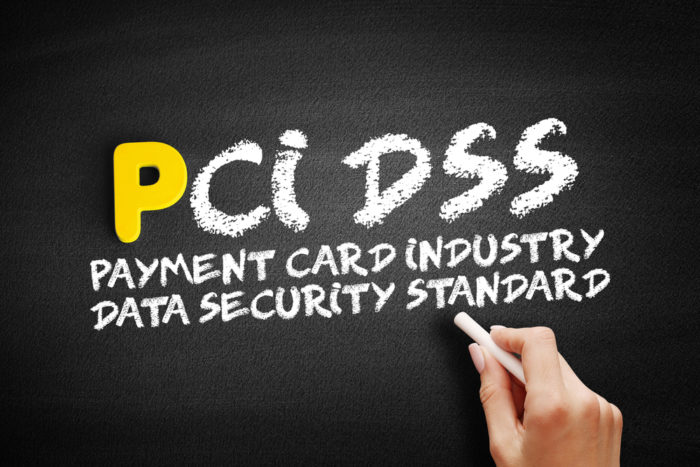SSL Certificate – Self-Signed Certificate
An SSL (Secure Sockets Layer) certificate is a digital certificate that is used to establish a secure connection between a client (such as a web browser) and a server (such as a website). It ensures that any data transmitted between the client and the server is encrypted and cannot be intercepted or read by unauthorized parties.
A self-signed SSL certificate is a certificate signed by its creator rather than a trusted third-party Certificate Authority (CA). Self-signed certificates are often used for testing and development purposes or on internal networks where there is no need to purchase a certificate from a commercial CA.
Most web browsers do not trust self-signed certificates by default, which will display a warning message to users when they encounter a website using a self-signed certificate. This is because the browser cannot verify the authenticity of the certificate, and it is possible for an attacker to create a fake self-signed certificate and intercept the user’s data.
To avoid this warning message and ensure that users trust your website, use a certificate signed by a trusted CA.

